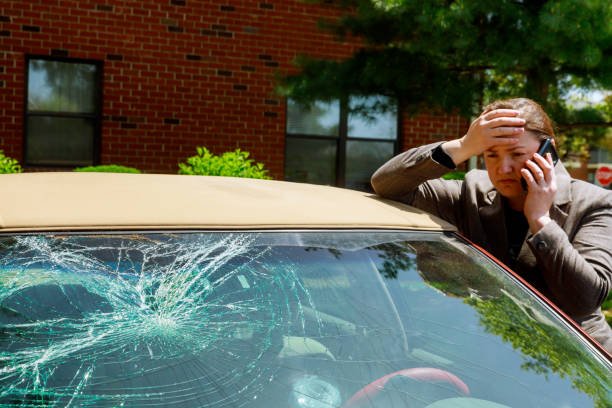5 Uncommon Causes for Windshield Cracks

Windshield cracks can often appear without warning and lead to significant safety concerns and repair costs. While common causes like flying debris or accidents are well-known, several less obvious factors can also contribute to windshield damage. These uncommon triggers, ranging from extreme temperature changes to poor installation techniques, can subtly compromise the integrity of your car's glass.
This article delves into some of these unusual causes, providing insight into how such factors can initiate cracks and what steps you can take to prevent them. By understanding these lesser-known risks, you can take proactive measures to maintain your windshield's condition and ensure your safety on the road.
(623) 335-1798